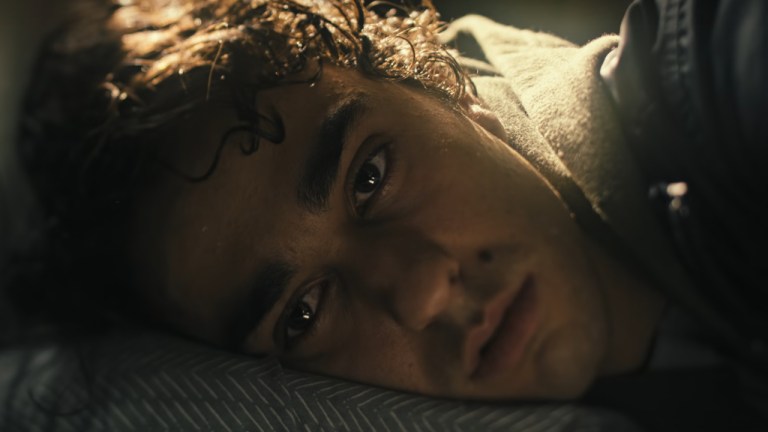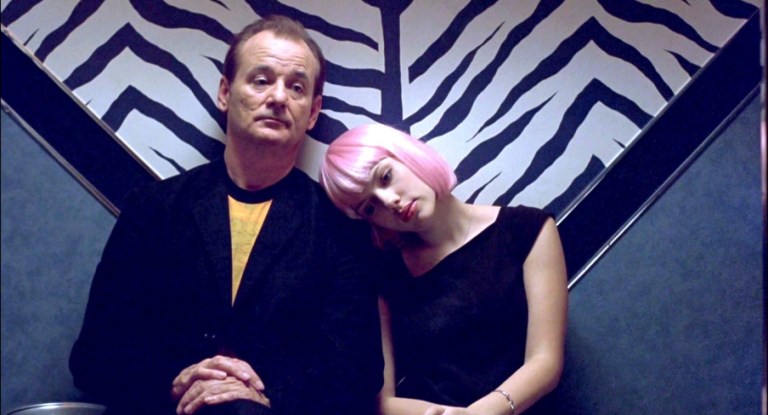
The Spotlight Effect Is Making You Believe People Are Evaluating And Criticizing You Far More Than They Really Are
The spotlight effect is what happens when your social awareness goes into overdrive.
If you’ve ever had the experience of going about your daily life only to be stopped dead in your tracks by an embarrassing memory from years ago, you’re probably familiar with the spotlight effect.
It happens all the time: you dislike a photo of yourself that everyone else says is fine, or you point out a stain on your shirt that a friend says they never would have noticed had you not said anything, or you obsess over how your social media profiles look like to people who probably aren’t checking them regularly, if at all.
Nat Eliason explains it like this:
“Here’s a challenge: think of the last 2 or 3 embarrassing things you did. Or, think of the last time you said or did something embarrassing when out drinking.
Easy? I imagine it wasn’t that difficult to think of something silly you’ve done recently.
Now, another challenge: think of the last 2 or 3 embarrassing things you saw someone else do, or the last couple times someone else said something embarrassing when out drinking.
A bit harder, isn’t it?”
The spotlight effect is what happens when your social awareness goes into overdrive. This usually starts young. Fueled by the fear that you aren’t good enough, or are potentially one misstep away from embarrassing yourself again, you become hyper-focused on your every move. If you don’t recognize this pattern, it perpetuates into adulthood.
Even the most humble among us can fall victim to the spotlight effect, because it’s not about being self-absorbed, it’s about being insecure, and every single last one of us is insecure about something.
Mostly though, the spotlight effect has reached epidemic levels in the advent of social media.
With the advent of Facebook, Twitter and Instagram, we have all become accustomed to treating ourselves like mini-celebrities. We begin to believe that all the minor details of our lives are not only worthy of sharing en masse, but are of interest to everyone we’ve ever known.
The more we get used to documenting and sharing so much of our lives, curating pages that tell a story about who we are, the more we become conditioned to the belief that people are paying attention to us far more than they actually are in reality.
In the same way that you are mostly just thinking about yourself, other people are just thinking about themselves.
It’s easy to overestimate how much mind space we consume in other people’s heads, but it’s an unhealthy habit, because it always backfires.
When you allow the spotlight effect to convince you that you’re more important than you are, it’s like sharpening a photo so much it becomes distorted. You pour so much energy into details about your life that nobody else cares about, and become paranoid over whether or not you appear “good enough” in other people’s eyes.
The whole trick of it is that what you are projecting as other people’s perception is really just how you see yourself.
And when you can get to the point that you can embrace that we are all mortal, this is all temporary, and that we are all stationary at the center of our own universes, you can find within that a certain kind of freedom. ![]()











